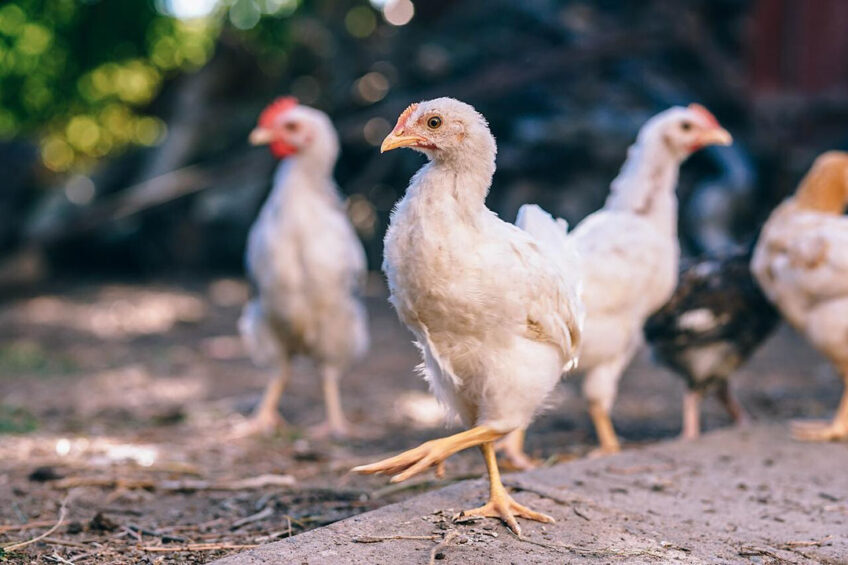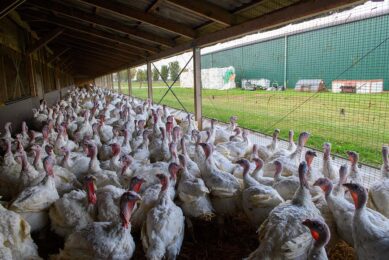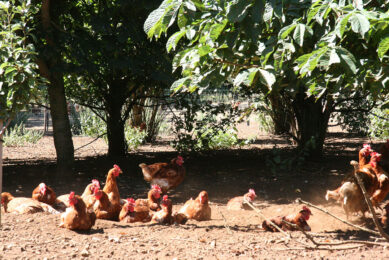Organic poultry farming on the rise in the UK

Land going through the 2-year conversion period to organic rose by 34% last year compared to 2020, according to UK government statistics.
However, the figure is based on a relatively low area of in-conversion land – the organically farmed area in the UK is less than 3% compared to the EU average of more than 9%.
The statistics tally with recent thoughts from Humphrey Feeds and Pullets, which said as public demand for organic eggs has continued to grow, it was receiving more and more enquiries from new and established free-range egg producers wanting to find the right organic diet for their laying flocks.
The news has delighted Charles Kerr, Organic Farmers and Growers CEO, who said there was a strong appetite from farmers to shift to more agroecological practices and the opportunity for organic and the premium gained for certified produce was clearly attractive.
“…we are seeing a bigger interest than ever in “de-risking” farming businesses.”
“The latest figures from Defra don’t consider the big economic shocks of the past year. Add to that, the fact that farming is in a period of unprecedented change. The upshot is that we are seeing a bigger interest than ever in “de-risking” farming businesses. The Ukraine conflict has illustrated the volatility of input costs and reducing or removing artificial inputs entirely is being seriously considered.”
Consumer spending on organic production is on the rise, hitting £3 billion (€4.2 billion) for the first time, growing by 23% from 2019-2021, and Organic Farmers and Growers has recently published its manifesto, ‘Championing organic within agricultural policy’, to highlight the key advantages of the organic approach in response to the unprecedented transitional upheaval in the farming sector.
Goal of 25% of land areas to be organic by 2030
“The EU has set a goal for 25% of the land areas to be organic by 2030. That will be accompanied by heavy investment in promoting the sector and represents a strong near-market opportunity for UK growers,” added Kerr.
Sophie Kirk, Soil Association Certification business development manager, said the UK needed robust supply chains to support more organic production at home: “The long-term goals that government has set out for agriculture, with a new focus on protecting soils, wildlife and the environment, are in harmony with the principles of organic farming. Alongside continued growth in the organic market, this should give any farmers greater confidence to switch to or maintain organic farming practices, despite the short-term uncertainty facing every farm.”
More arable farmers are now switching to organic production
In the past poultry producers have suffered from a lack of domestic organic feed but more arable farmers are now switching to organic production. Alex Fraser and his brother Rob completed conversion too organic on their 260-acre farm in West Yorkshire last summer. They are growing spring beans and spring what in an intercropping system, and applying the same approach to oats and vetch, as well as growing barley and oats.
“We took our family farm back in hand 3 years ago when the previous tenancy came to an end and straight away decided to put it into organic conversion. It has been a massive learning curve for us but when faced with issues such as climate change, biodiversity losses and the burden of chronic health conditions, it was the perfect time to build a sustainable farming system from scratch.”













